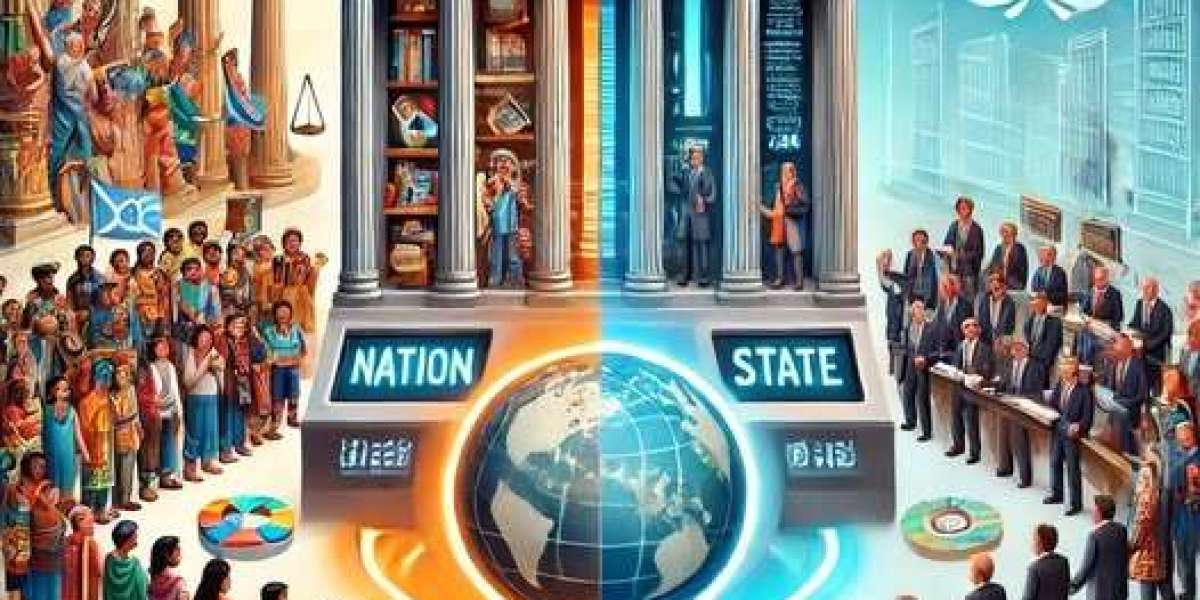Introduction :
For the past two centuries, mainstream economics has presented itself as an exact science, governed by “natural laws” comparable to those of physics. The market, it is said, obeys immutable regularities: supply, demand, competition, equilibrium. Yet, as Karl Polanyi demonstrated with brilliance in The Great Transformation (1944), this “self-regulated” market is a recent invention, imposed by modern history rather than a feature of nature.
By naturalizing what is in fact a social construction, economic orthodoxy has committed an intellectual imposture: it has passed ideological conventions off as universal laws. This has produced devastating consequences — ecological destruction, widening inequalities, dissolution of social cohesion.
The task today is to rebuild economics upon its true natural laws. Natiometry offers a new, measurable, and rigorous framework by identifying five natiometric laws of economics, rooted in biological, social, and civilizational life.
I. The Law of Interdependence :
Economy as a Living Network
Adam Smith himself, often caricatured as the father of liberalism, recognized in The Wealth of Nations (1776) that no one produces for themselves alone: “It is not from the benevolence of the butcher, the brewer, or the baker that we expect our dinner…” — the economy is first and foremost a network of mutual dependencies.
In the 21st century, political ecology (Latour, Morin) reminds us that this interdependence extends beyond humans: air, soil, and solar energy are vital conditions of existence. The natiometric law of interdependence establishes that the economy is not a mechanism of isolated individuals but the organization of a living network linking humans, societies, and the biosphere.
II. The Law of Potential Abundance :
Beyond the Dogma of Scarcity
Since Lionel Robbins (1932), modern economics has defined itself as “the science of scarcity.” Yet this definition is ideological: scarcity is not a natural law, but a historical condition produced by private accumulation and waste.
Nicholas Georgescu-Roegen (The Entropy Law and the Economic Process, 1971) showed that the real limit is entropy, not scarcity. Elinor Ostrom (Governing the Commons, 1990) demonstrated that collective management of resources can generate abundance, contradicting the pessimistic vision of the “tragedy of the commons.”
Every day, the sun provides one thousand times more energy than humanity consumes. Matter is infinitely transformable. Knowledge grows through sharing. The law of potential abundance therefore states that the true purpose of economics is to reveal and distribute abundance, rather than to artificially manage scarcity.
III. The Law of Reciprocity :
Economy as Social Bond
Long before markets, human societies functioned through gift and counter-gift. Marcel Mauss (The Gift, 1925) showed that such exchanges were foundational to social cohesion. Polanyi confirmed that modern markets are only a recent organizational form, layered upon older logics of reciprocity and redistribution.
Even Friedrich Hayek, in Law, Legislation and Liberty (1973–79), acknowledged that implicit norms, trust, and shared traditions are conditions of market viability.
The law of reciprocity thus asserts that without trust and mutual recognition, no lasting exchange is possible.
IV. The Law of Temporality :
Economy as Rhythm and Cycle
The economy is not a static state but a historical dynamic. Joseph Schumpeter (Business Cycles, 1939) showed that innovation generates cycles of growth and crisis. Fernand Braudel (Civilization and Capitalism, 1979) distinguished the short time of markets, the medium time of conjunctures, and the long time of civilizations.
Natiometry adds a precise measure: the 128-year cycle that structures the evolution of nations and allows economic dynamics to be inscribed within measurable and predictable patterns.
The law of temporality thus requires that the economy be understood as a rhythmic process, not as infinite linear growth.
V. The Law of Justice :
Equilibrium Through Redistribution
Throughout history, societies have collapsed under the weight of injustice. Aristotle already affirmed that no city can endure when inequality becomes extreme. Karl Marx, in Capital (1867), showed that unlimited accumulation leads inevitably to crisis.
More recently, Thomas Piketty (Capital in the 21st Century, 2013) demonstrated empirically that the concentration of wealth inevitably produces social and political instability.
The natiometric law of justice therefore states that redistribution is not a moral choice, but a condition for the survival of societies.
Conclusion :
The so-called “natural laws of the market” were a mystification : they concealed relations of power beneath the guise of scientific necessity. By replacing them with the five natiometric laws of the economy — interdependence, potential abundance, reciprocity, temporality, and justice — Natiometry restores the economy to its real foundations, rooted in life, society, and nature.
This is neither socialism nor liberalism, but a transcendence of ideology. Natiometric economic laws situate economics within the sciences of collective life, in service of human emancipation and civilizational sustainability.









